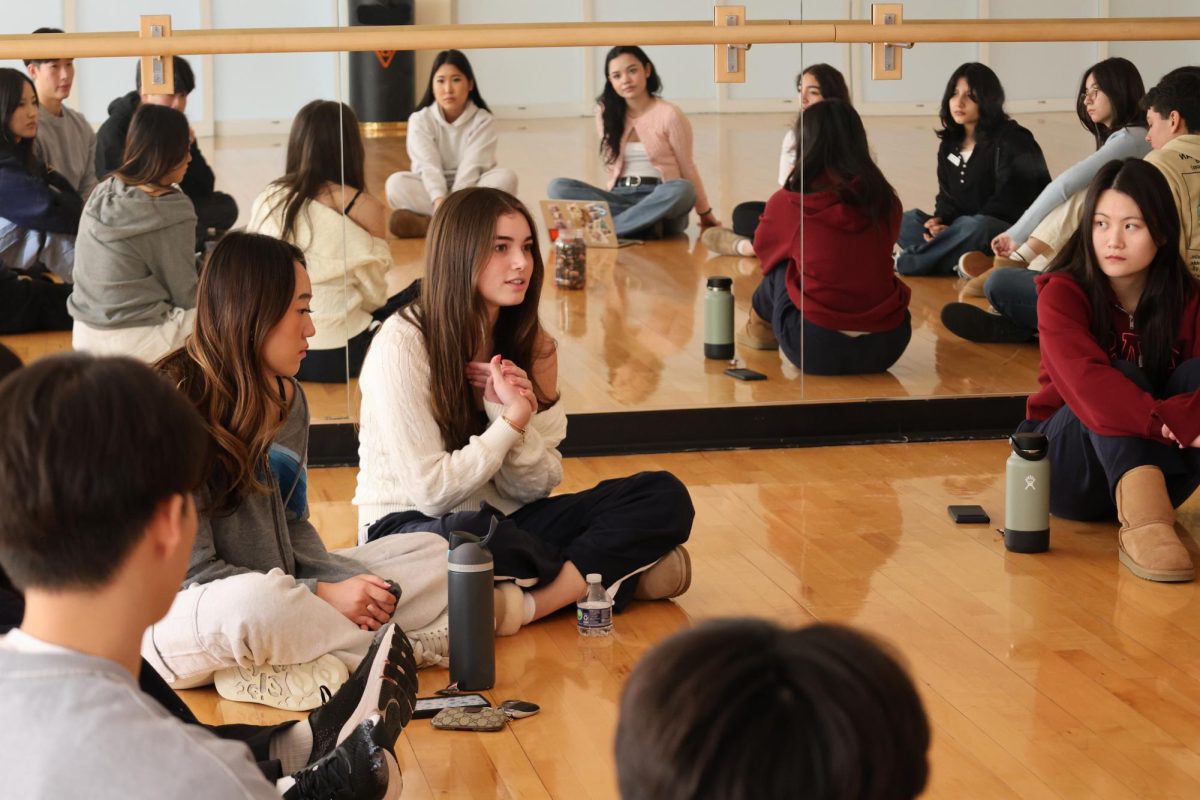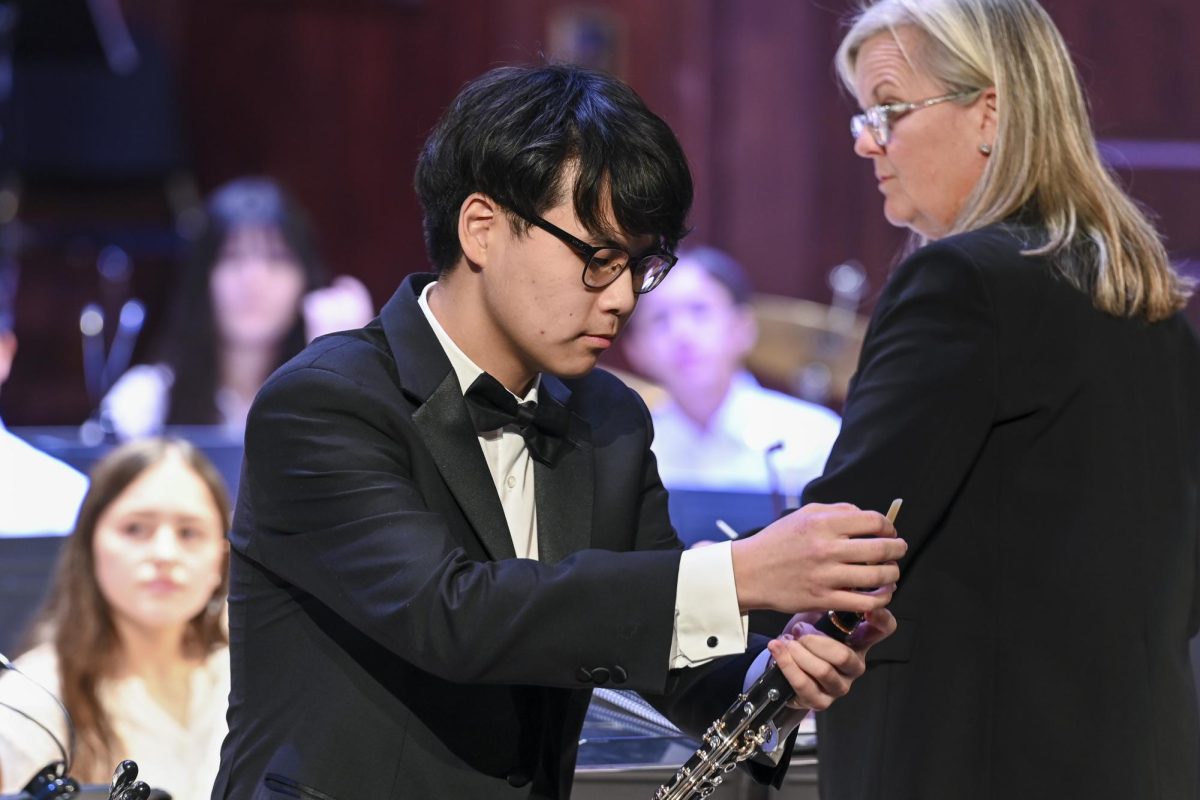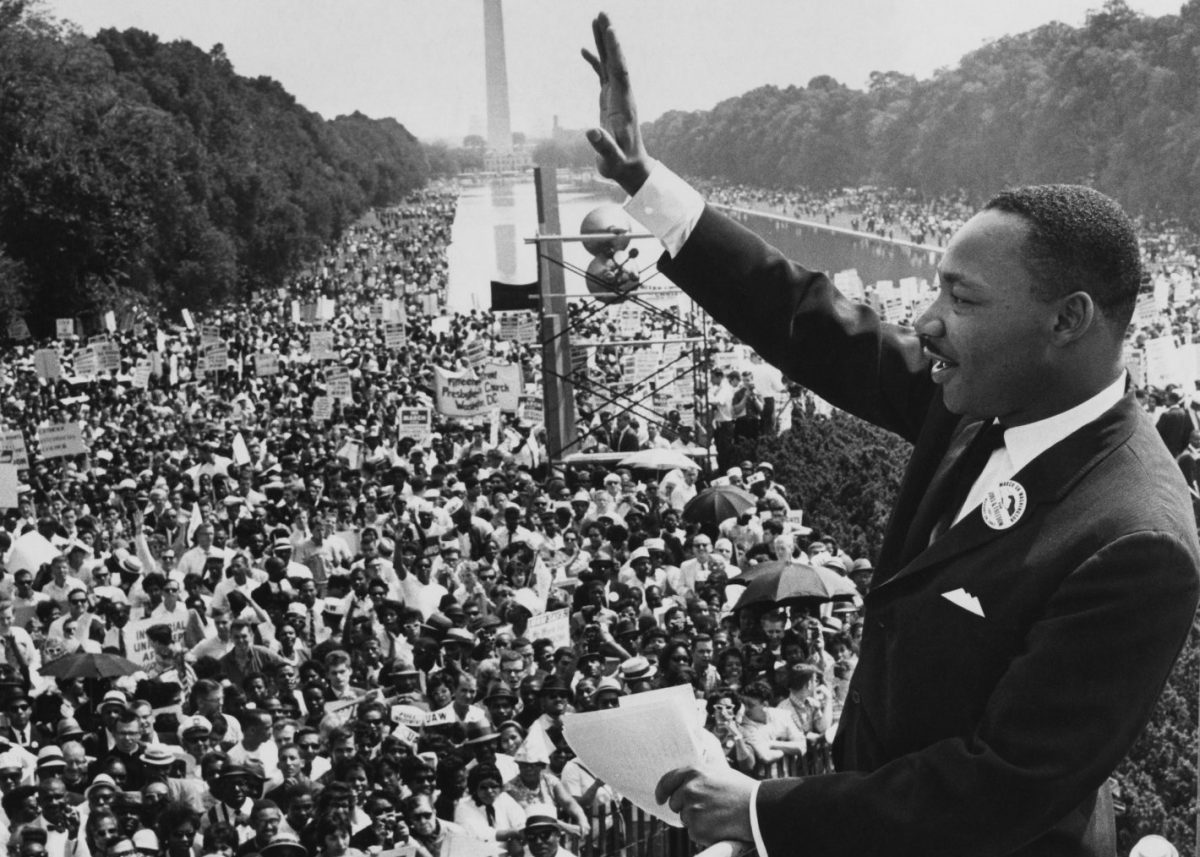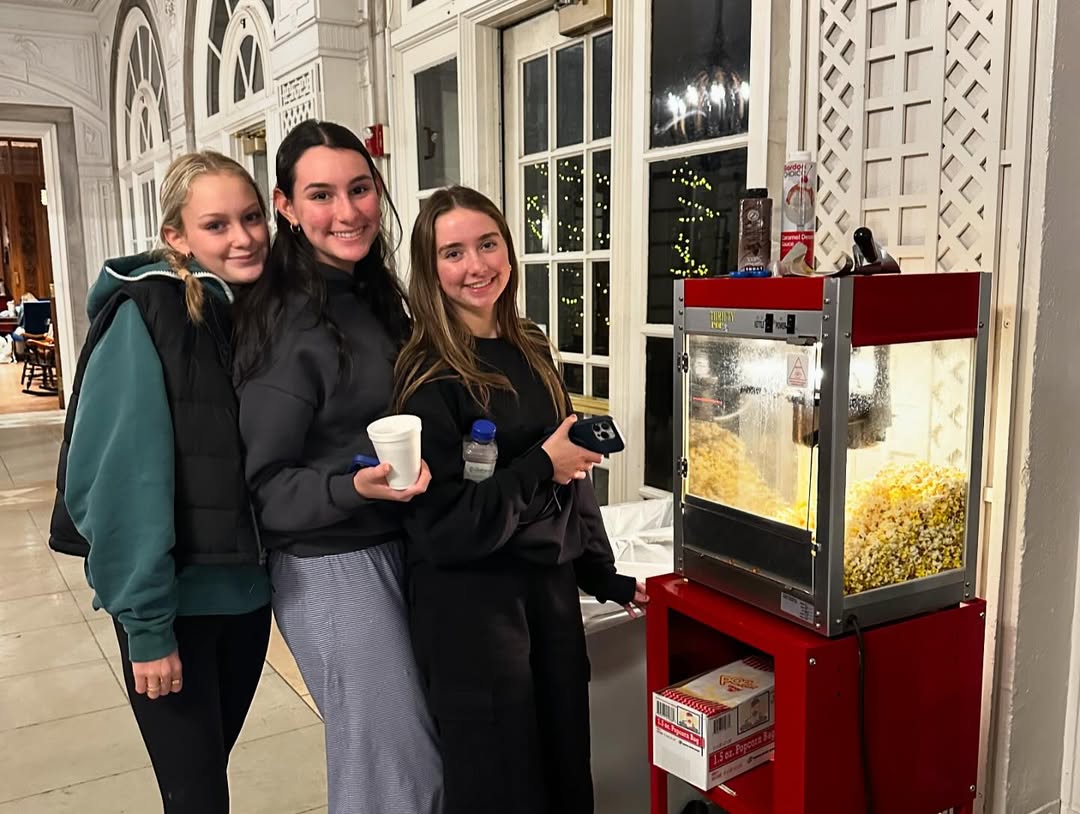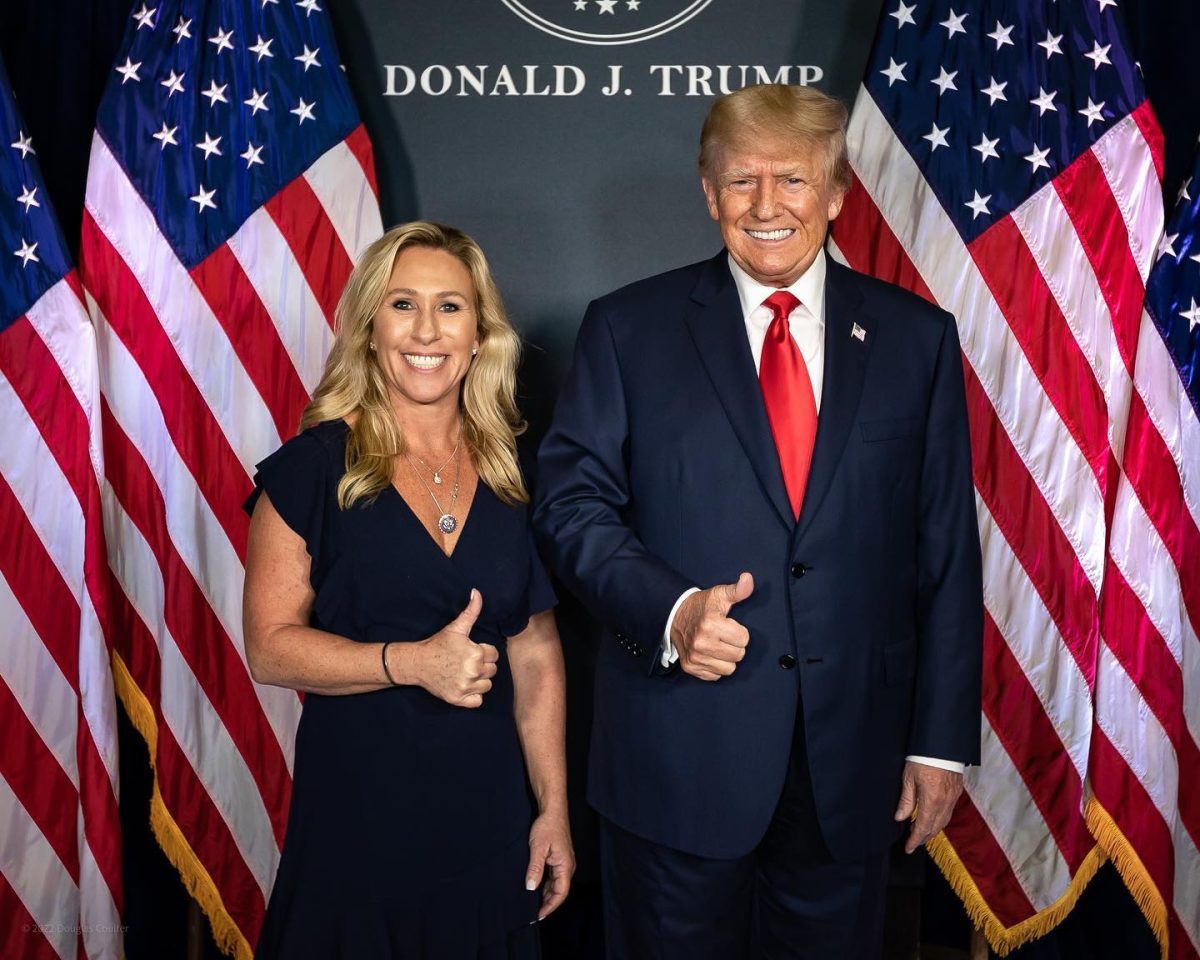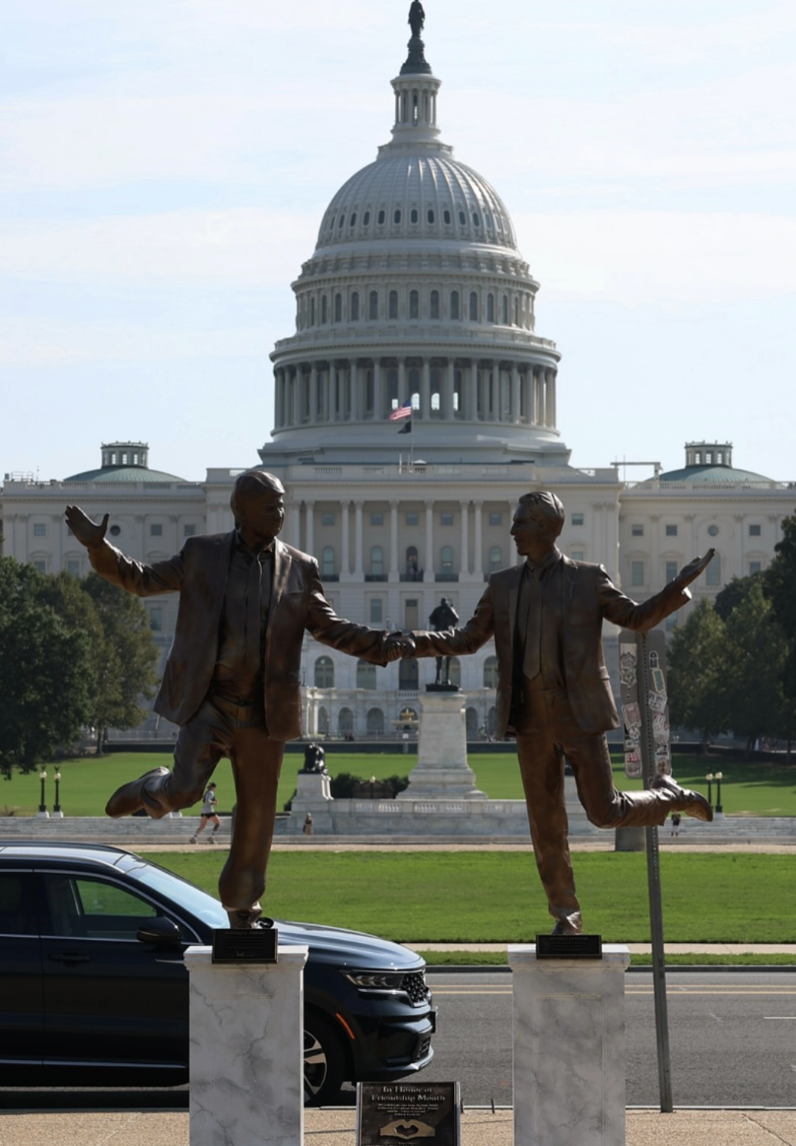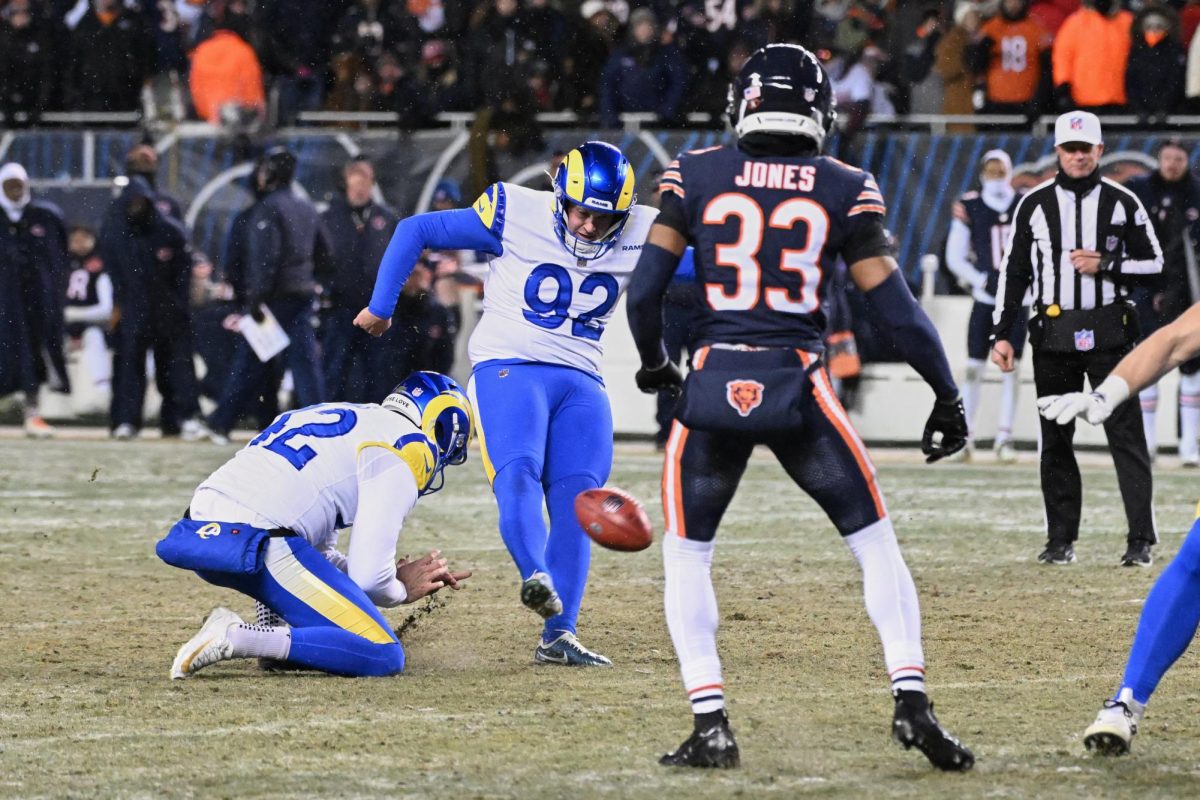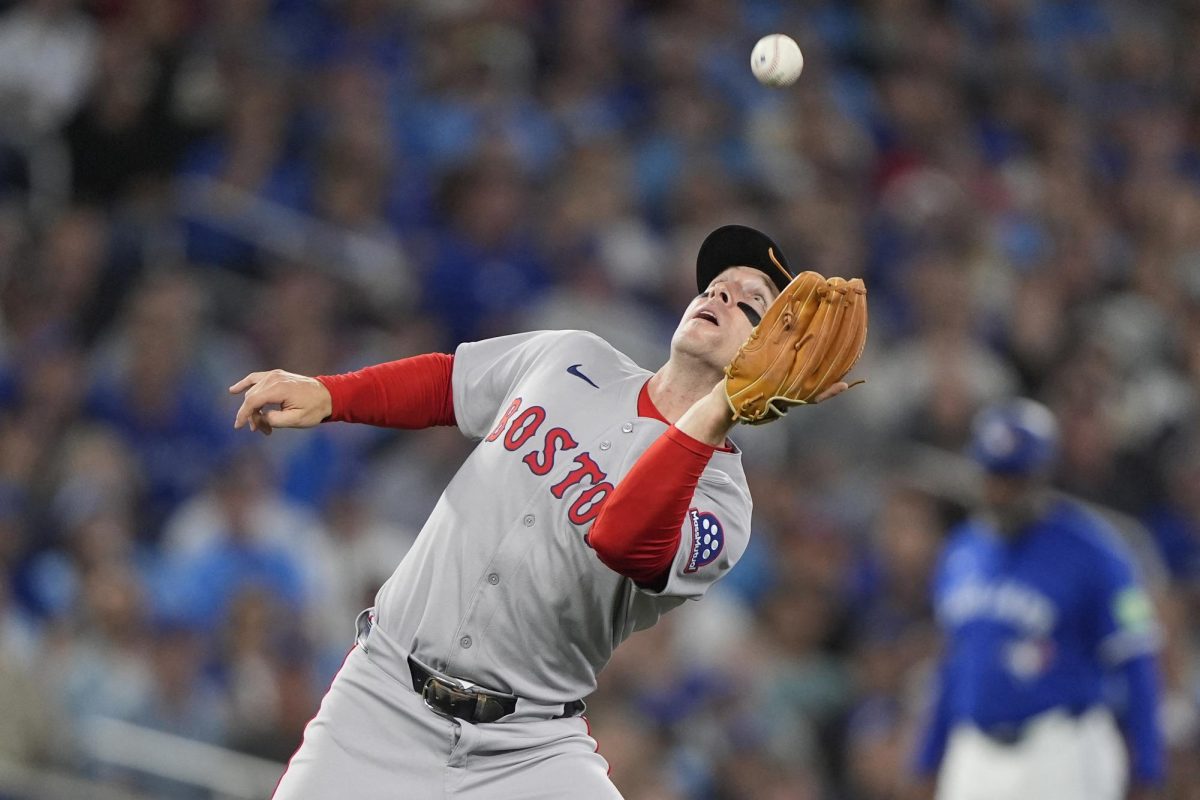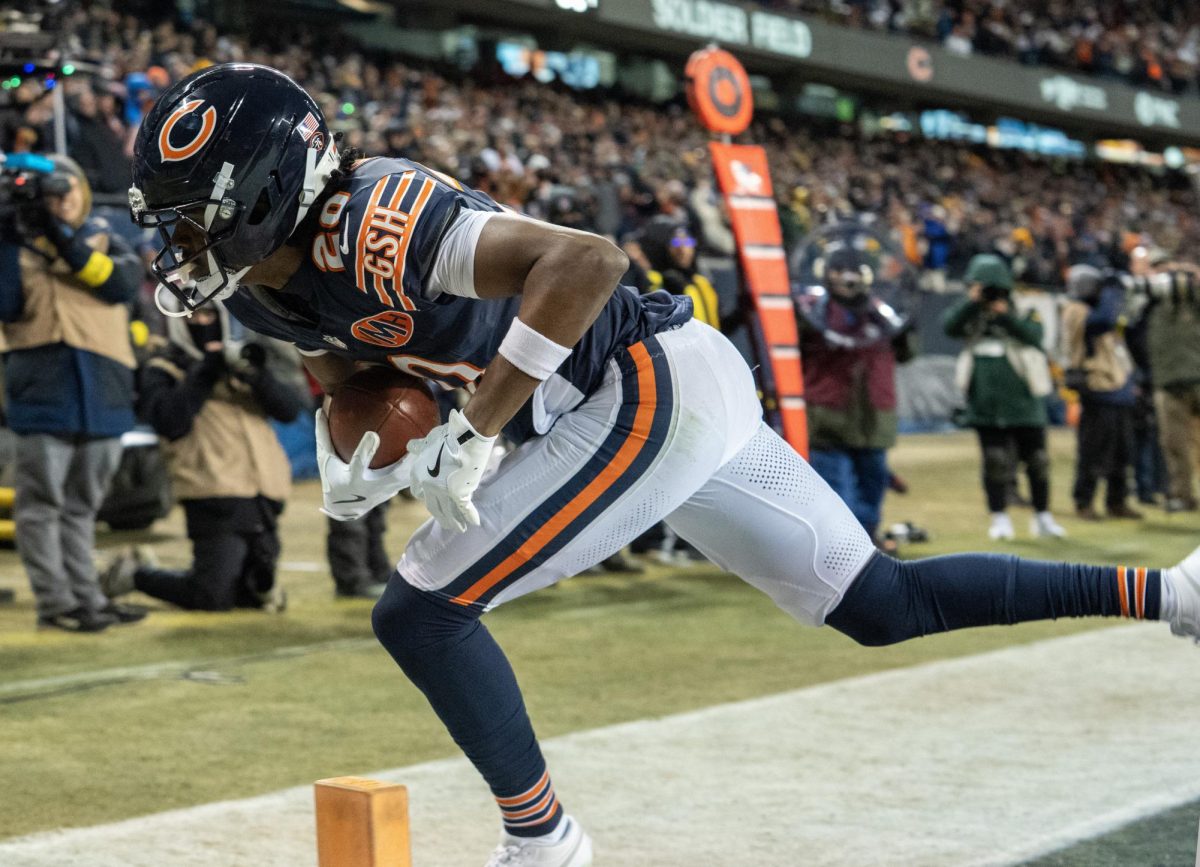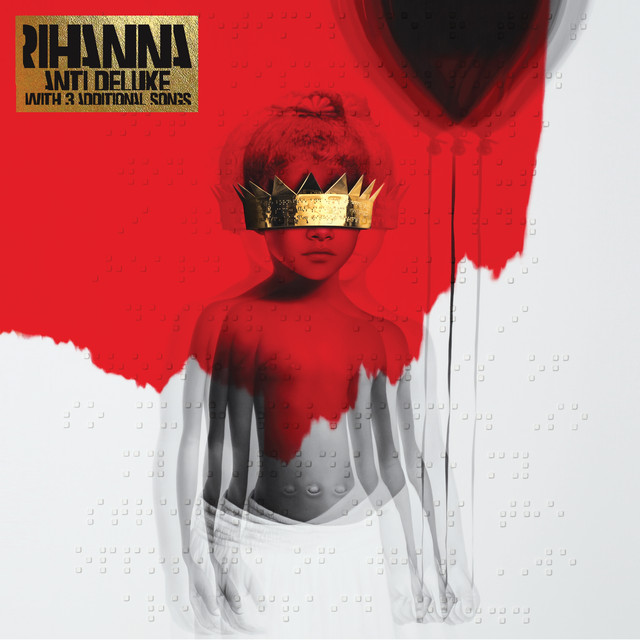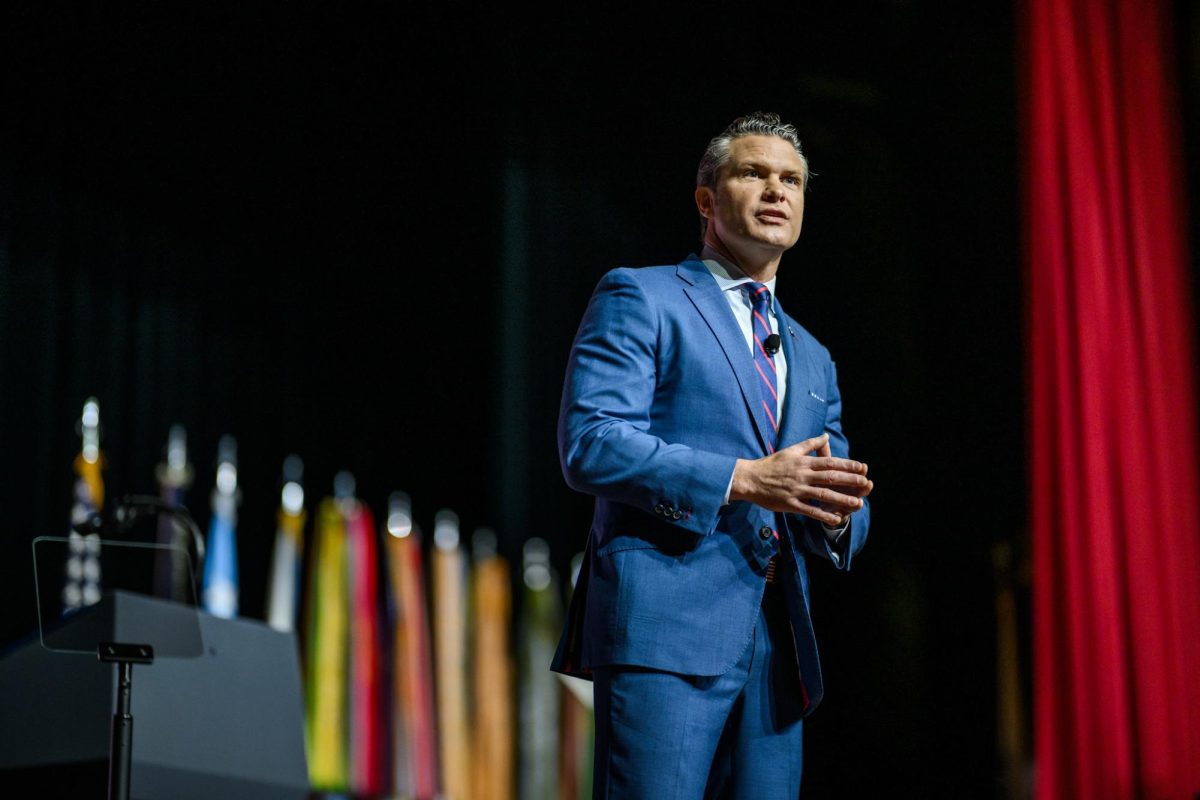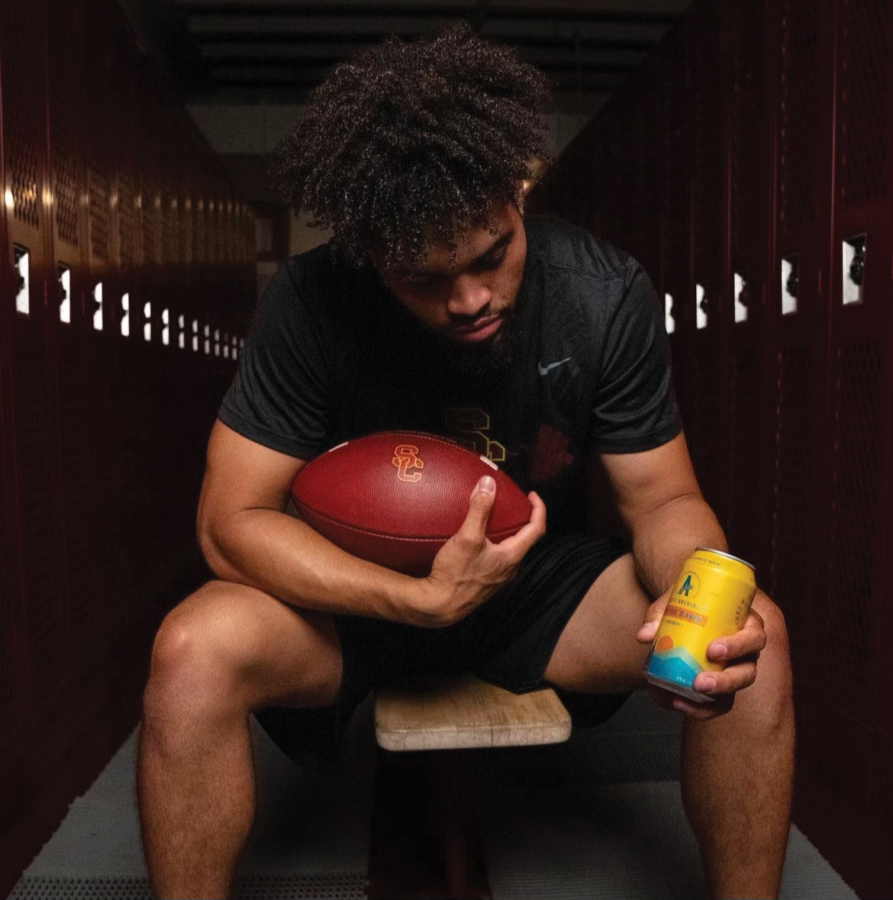Name, Image, Likeness (NIL): How College Sports Are Changing
March 16, 2023
In recent years, the issue of Name, Image, and Likeness (NIL) has become a hotly debated topic in college athletics. NIL refers to the rights of college athletes to earn money from their personal brand. This can be through endorsements, sponsorships, and other commercial opportunities.
For many years, college athletes were prohibited from profiting off their NIL, as the National Collegiate Athletic Association (NCAA) had strict amateurism rules in place. However, as of recently, several states have passed laws that allow college athletes to earn money and the NCAA has also loosened its rules on the subject.
Despite the ongoing debate and uncertainty surrounding NIL, many college athletes are already starting to take advantage of the new opportunities.
The superstars in their respective sports are starting to make an amount of money that some professionals can’t even achieve. Heisman trophy winner and USC star quarterback Caleb Williams is estimated to hold an NIL net worth of $3.2 million – signing deals with huge companies such as AT&T, Fanatics, Beats by Dre and more. Some of these partnerships have gained the eyes of celebrities like Snoop Dogg (self proclaimed USC fan) and have brought attention to Williams’ team. NIL can also be used to give back to communities and the less fortunate. Four-star football prospect Malachi Coleman, who signed with Nebraska, wants to put his NIL towards this type of fund. Coleman grew up in the foster care system and had to deal with abuse. After NIL was made legal in the state of Nebraska, Coleman signed a deal with a Mexican restaurant and developed a burrito. The proceeds from the burrito goes towards developing and building up the foster care system.
With the positives, there also comes negatives. Some people see NIL as a way to illegally recruit highly touted high school prospects. Giving millions of dollars to high school prospects can be seen as damaging towards the kids. Four-star football prospect Jaden Rashada was offered $12 million dollars to commit to the University of Florida – which he ended up doing. However, the deal quickly fell through and Rashada had to scramble to find a new school and opportunity.
LFA Athletics Operations Manager, Pam Dye, believes NIL can be good however she believes education comes first: “If you add getting paid a salary, that could place further duress on a young athlete to perform or show their commitment to the school and team in other ways. In my humble opinion, I would always put education first. If a student-athlete suffers an irrecoverable injury and is unable to play their sport, they will always be able to fall back on their education and pursue a career in their field to earn a sustainable living.”


